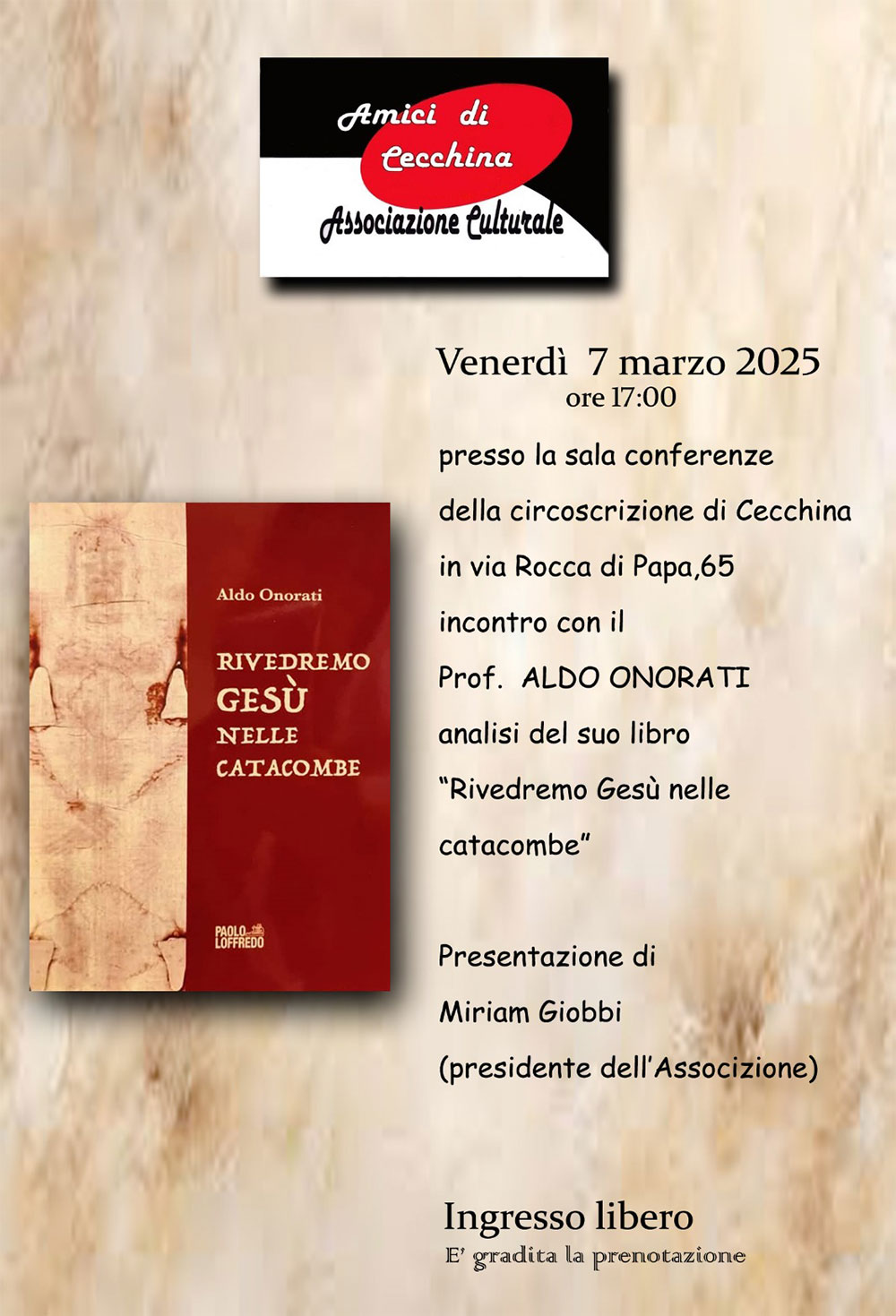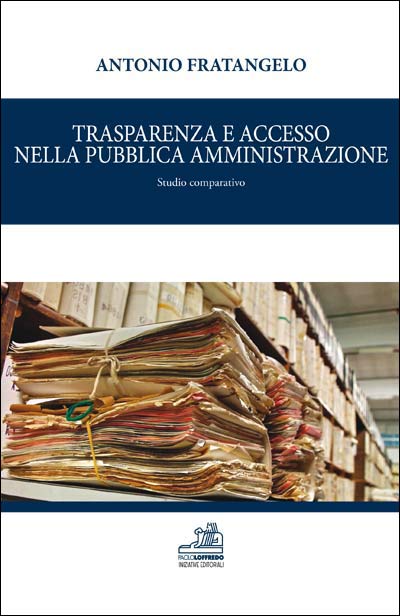 Paolo Loffredo, sixth generation of a large family of publishers and booksellers engaged in the production and distribution of books since the late nineteenth century, creates in 2012 the new editorial company Paolo Loffredo Editore. The historical site was until the '80s in the heart of the historic centre of Naples in Via San Biagio dei Librai, lower Decumano and also known as the SpaccaNapoli.
Paolo Loffredo, sixth generation of a large family of publishers and booksellers engaged in the production and distribution of books since the late nineteenth century, creates in 2012 the new editorial company Paolo Loffredo Editore. The historical site was until the '80s in the heart of the historic centre of Naples in Via San Biagio dei Librai, lower Decumano and also known as the SpaccaNapoli.
At the beginning of the twentieth century, Giuseppe Loffredo decided to add book selling to the book production, which definitively imposed itself after World War II with the publication of manuals for the University and for the School that succeeded in establishing themselves soon throughout Italy.
LAST EVENT
"Rivedremo Gesù nelle catacombe"
07 Marzo 2025 - Sala Conferenze circoscrizione di Cecchina - via Rocca di Papa 65, Albano Laziale (RM) - ore 17,00

Trasparenza e accesso nella pubblica amministrazione
ISSN :
Language: Italian
Publisher: Paolo Loffredo Iniziative Editoriali Srl

Description
Trasparenza e accesso nella pubblica amministrazione
The principle of transparency of the acts of the Public Administration, of which the right of access is a fundamental corollary, has its roots in art. 15 of the Declaration of the Rights of Man and of the Citizen of 1789 ("society has the right to ask for every public employee of how it administers") and is consecrated in the Universal Declaration of Human Rights of 1948, which . 19 guarantees everyone "the right to search, receive and disseminate information and ideas by any means".
Transparency, sanctioning the end of the secrecy of administrative documents, represents a guarantee of individual and collective liberties, substantiates the right to good administration (Article 41 of the Charter of Nice of 2000), contributes to the creation of an open administration to the full service of citizens, is one of the main means of involvement and participation in the social debate, allows a control on the behavior and activities of public administrators to verify their compliance with the constitutional principles of equality, responsibility, effectiveness and efficiency in the use of resources public, to prevent corruption and illegality, to ensure full and proper respect of the principle of democracy.
From a simple hope, over the years this principle is increasingly considered a fundamental right of man and of the citizen, a democratic imperative that the European legislation recognizes and seeks to enforce. It should not only correspond to a need to know, to a need to know, to satisfy a particular interest, but to a real right to know, to a right to know, to know, exercisable by anyone.
The work presents a framework of European legislation, useful both to foster a theoretical knowledge of a legal phenomenon increasingly felt as indispensable in an open and democratic society, and to offer a tool for consultation to those who go abroad or work in the field of the law or intend to improve the legislation of our country.
In short, transparency is the essence of true democracy, which everyone declares they want and everyone prides himself on practicing.



